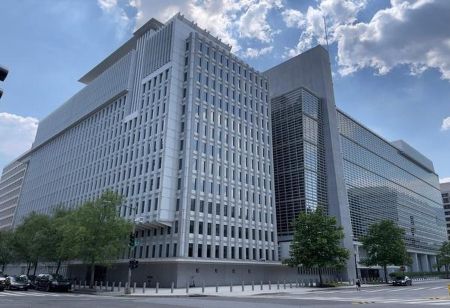
Pakistan's Prime Minister Shehbaz Sharif welcomed a groundbreaking agreement with the World Bank on January 15, announcing a US$20 billion lending plan aimed at addressing critical development challenges over the next decade. The Country Partnership Framework, as outlined by the World Bank, will focus on key areas such as climate change, clean energy, and private-sector growth.
Prime Minister Sharif shared the news on the social media platform X, emphasizing that the new plan will direct significant funding to support climate resilience and sustainable energy initiatives from 2026 onwards. The World Bank highlighted in its statement that the framework will also prioritize policy and institutional reforms that are essential for spurring private-sector growth. The goal is to expand fiscal space for government investments and enhance Pakistan's development prospects.
Zeeshan Sheikh, World Bank's International Finance Corporation (IFC) Country Manager for Pakistan and Afghanistan, emphasized the focus on crowding in private investments in sectors critical to Pakistan’s future, including energy, water, agriculture, access to finance, manufacturing, and digital infrastructure. These sectors are considered vital for sustainable growth and job creation in the country.
The World Bank currently has a $17 billion commitment to Pakistan, supporting 106 ongoing projects. This new framework is seen as part of a broader effort to bolster Pakistan's economy, which has been facing mounting challenges in recent years. Economists and international financial institutions have urged Pakistan to undertake economic reforms to address its fiscal challenges.
Pakistan is also undergoing a $7 billion bailout program from the International Monetary Fund (IMF), which necessitates enhancing government revenues and securing external financing sources, primarily from loans provided by China and Gulf nations. This new collaboration with the World Bank is expected to play a significant role in supporting the country's long-term economic stability and resilience.
We use cookies to ensure you get the best experience on our website. Read more...